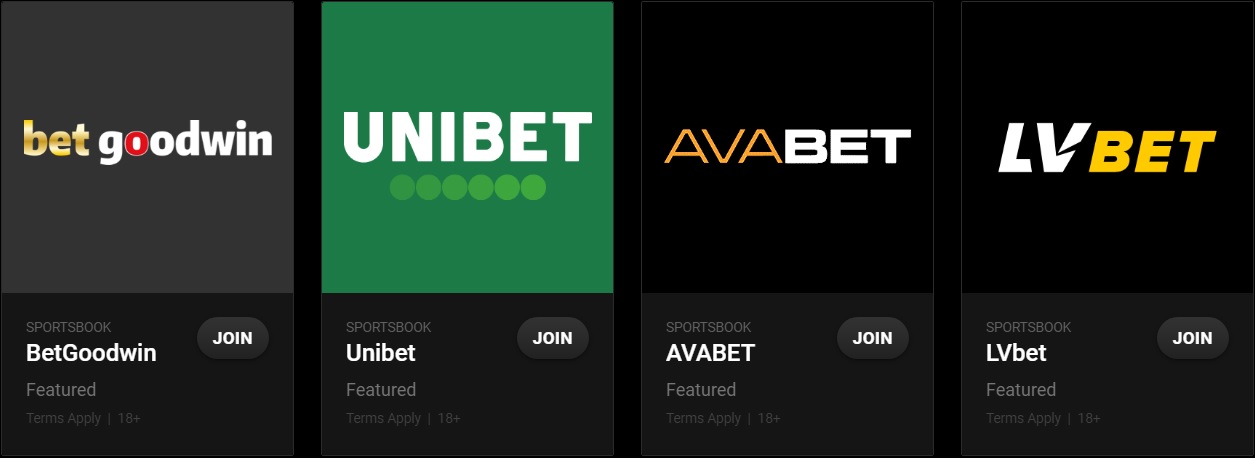FOOTBALL FREE BETS - A GUIDE TO BETTING ON THE BEAUTIFUL GAME.

A huge share of the British population has bet at some point in their lives. Betting has become a more popular activity since the introduction of internet bookies.
However, the adage holds true. The bookies are the only ones who ever win.
Is this, however, the case? And if that's the case, what's the rationale for it?
This article is not a how-to guide on winning at football betting but rather an educational approach that will offer you the best opportunity to beat the oddsmakers by exploiting football free bets .
What is a free bet?
A free bet can be thought of as an opportunity to place a bet without risk and be paid out the bet's net gains if it wins.
The difference between a free bet and a regular bet is that you do not contribute the stake yourself; thus if the bet wins, you will not receive your stake back along with your profits. Thousands of pounds in free bets are available online at any given moment from trustworthy bookies and online betting site. When you initially register an account with a bookmaker, you are usually eligible for a free wager.
How do you choose the winners to utilize your free bets?
When it comes to football betting, the first and potentially most crucial mistake bettors make is failing to comprehend the probabilities involved. This may appear to be difficult and mathematical, but it isn't.
When we consider Manchester City vs. Manchester United at the Etihad, most punters' first reaction, or gut inclination, is to back City since they are the better team and are playing at home.
Long-term betting, as counterintuitive as it may appear, is not about guessing which team will win, but rather about recognising which side has a higher possibility of winning than the bookies suggest.
We'll need to figure out how probable Manchester City is to win this match, as well as how likely Manchester United is to win this match.
How often do you think City would beat United if they played this match ten times over?
There had been four City wins, two draws, and four United wins in their last ten Premier League meetings as of the end of the 2020/21 season, according to crude figures. One Manchester City victory, one draw, and three Manchester United victories have occurred in the last five matches at the Etihad.
We would have to assign these two sides a similar chance of winning the match just on these findings and nothing more, i.e. City 35 percent, Draw 30 percent, United 35 percent.
It is possible to express one's opinion. For example, because City has a better roster and is coming off a league-winning season, we might change the odds slightly and give City a 40% chance of winning, with the draw at 28% and United at 32%.
We can now compare our probabilities to those of the market.
There are no odds for this match because it is a hoax, but bookmakers put City 1/2 favourites to win the similar fixture in 20/21, with the draw at 7/2 and United at a stunning 6/1.
City has a 66.7 percent chance of winning, Draw has a 22.2 percent chance of winning, and United has a 14.3 percent chance of winning.
We believe Manchester United has a much better chance of winning this match than the bookmakers believe.
This does not necessarily imply that we believe Manchester United will win the match. Even though we believe they will lose the match 40% of the time based on our own probabilities, this does not negate the fact that we have discovered value.
But how much does value truly cost? Not much in one game: the difference between our pricing and those of bookmakers has little effect on the outcome and hence has no consequence on the bet.
However, if we price correctly and stick to it over time, we may debunk the myth that the odds are always in the bookmaker's favour.
What is the definition of value betting?
As we saw in the Manchester City v Manchester United game, value betting is all about gaining an advantage against the bookmakers.
You can expect to make a profit over time if you accurately recognise value consistently. You can expect to lose money in the long term if you bet on picks that you do not consider to be valuable.
You should place a value bet on every wager; otherwise, you are stacking the odds against yourself.


 Live Sports on Amazon Prime Video - START YOUR 30 DAY FREE TRIAL TODAY
Live Sports on Amazon Prime Video - START YOUR 30 DAY FREE TRIAL TODAY





